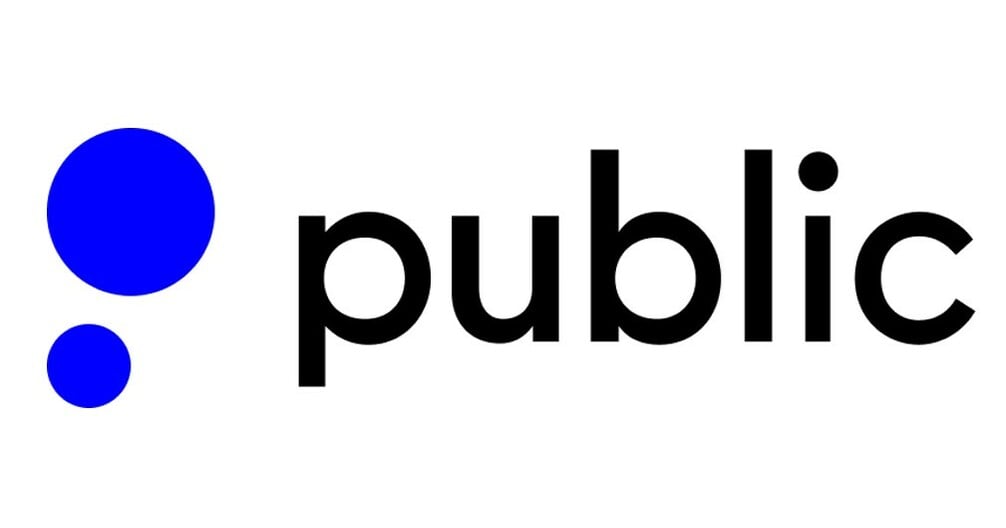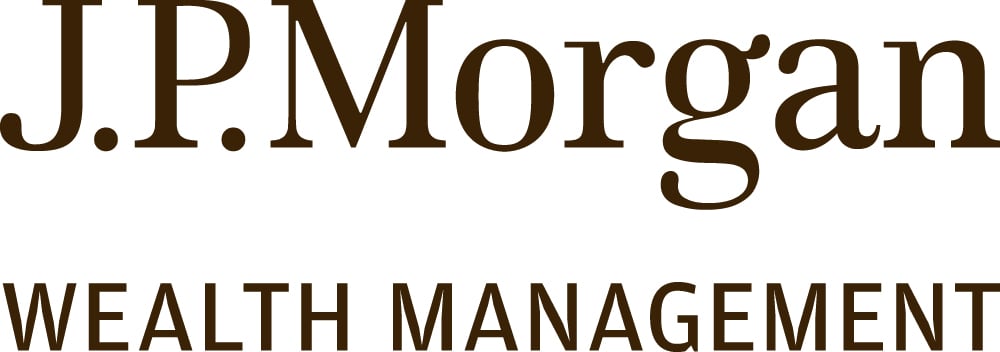
5 Smart Investment Options for Beginners to Consider in 2025
A workplace retirement plan like a 401(k) is often the best starting point for beginner investors, offering automatic paycheck contributions, potential employer matching, and tax benefits. Here are five additional beginner-friendly investment options to consider:
- Robo-Advisors
- Automated investment management using computer algorithms
- Low fees (0.25% to 0.50% annually)
- Minimal starting requirements
- Handles portfolio management and rebalancing
- Provides educational resources and tools
- Target-Date Mutual Funds
- Automatically adjusts investments based on retirement year
- Combines stocks and bonds in one investment
- Gradually becomes more conservative as retirement approaches
- Popular in employer retirement plans

Schwab logo in black

Public investing app logo

JP Morgan wealth management
- Index Funds
- Passively tracks market indexes (like S&P 500)
- Lower fees than actively managed funds
- Some options available with no minimum investment
- Provides broad market exposure in one transaction
- Exchange-Traded Funds (ETFs)
- Similar to index funds but traded like stocks
- Generally low fees
- No minimum investment beyond share price
- Most brokers offer commission-free ETF trading
- Flexible trading throughout the day
- Investment Apps
- Acorns: Rounds up purchases and invests spare change
- Stash: Teaches portfolio building with ETFs and stocks
- Low minimums to start
- Educational features for beginners
- Automated investing options
These options provide different levels of hands-on involvement, from fully automated to more self-directed approaches. Choose based on your preferred level of involvement, investment goals, and available capital.